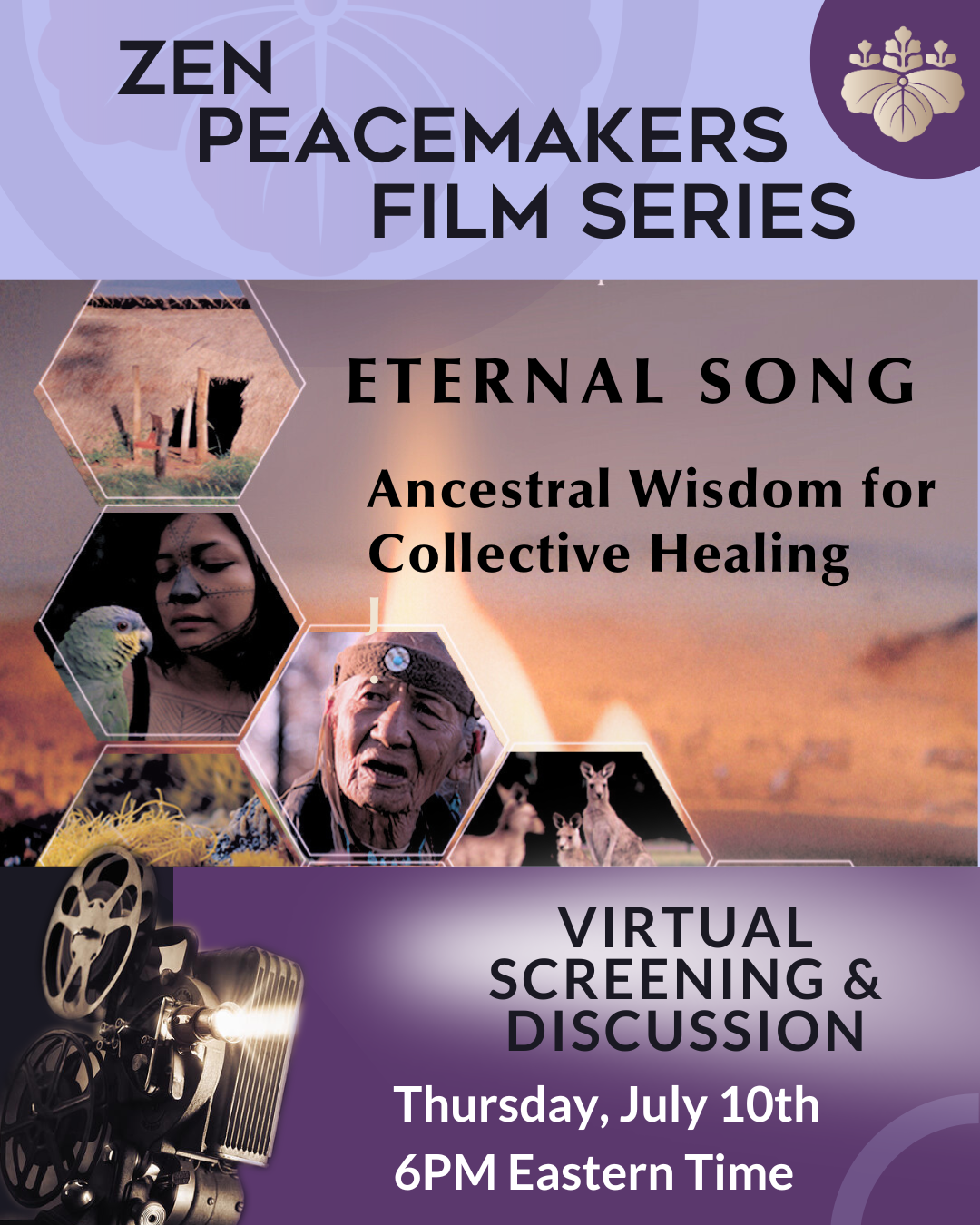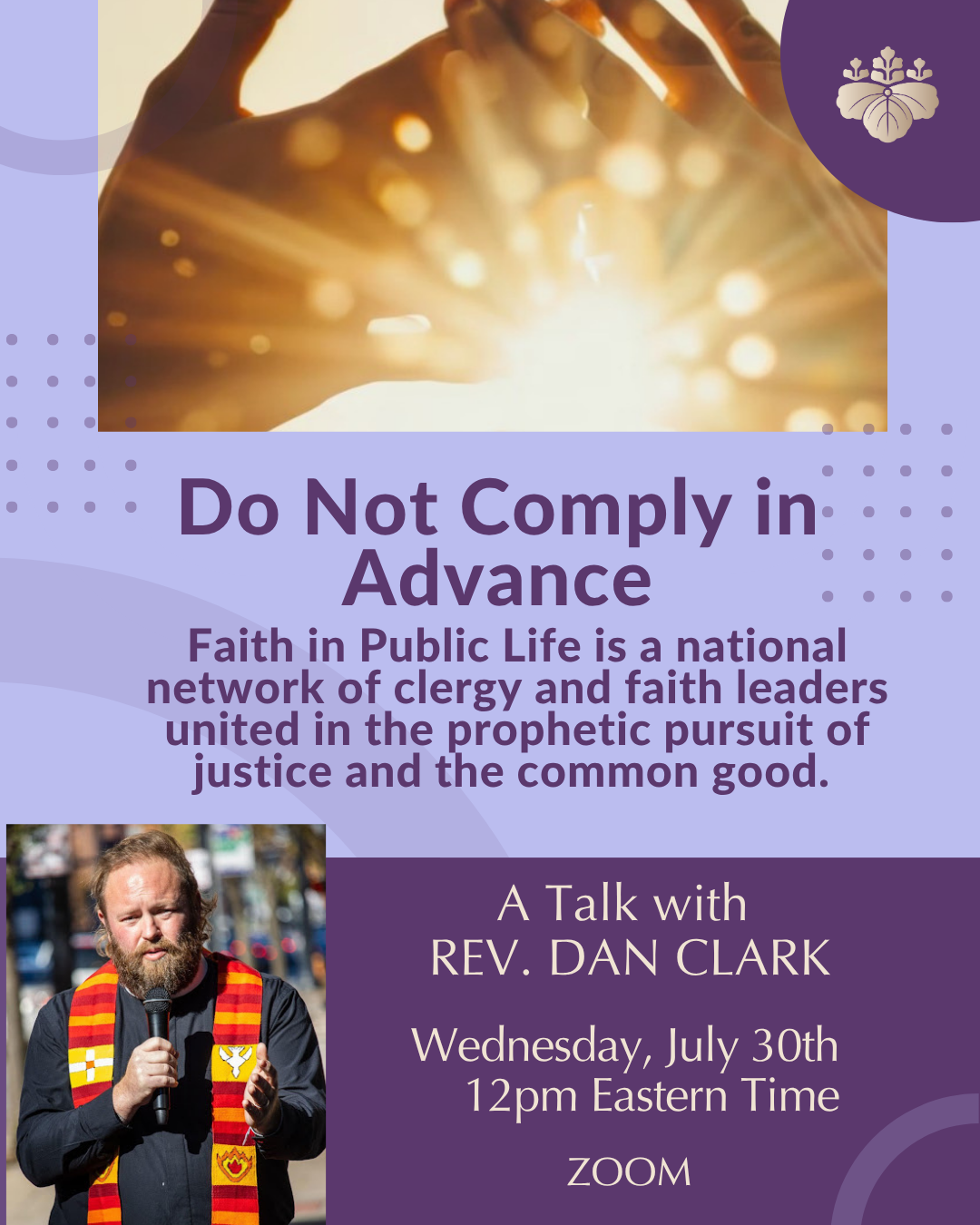I Was Once Very Angry: Reflection from the 2017 Zen Peacemakers Native American Bearing Witness Plunge
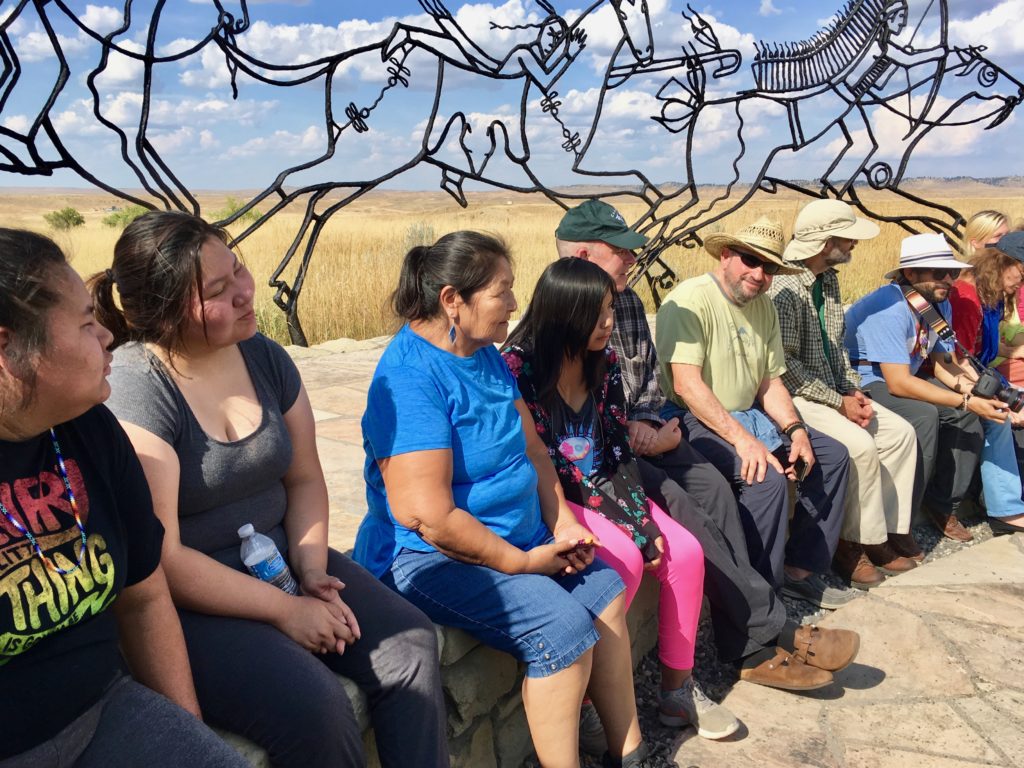
CROW AGENCY, MONTANA, USA. Following the 2017 Zen Peacemakers Native American Bearing Witness Plunge, Roshi Eve Marko reflects on her time at the Little Bighorn battlefield, hosted by Lakota elders and their families.
Rain, Thunder And Lightning Were All Present – Report from the Native American Bearing Witness Retreat in Fort Snelling MN USA, November 2016
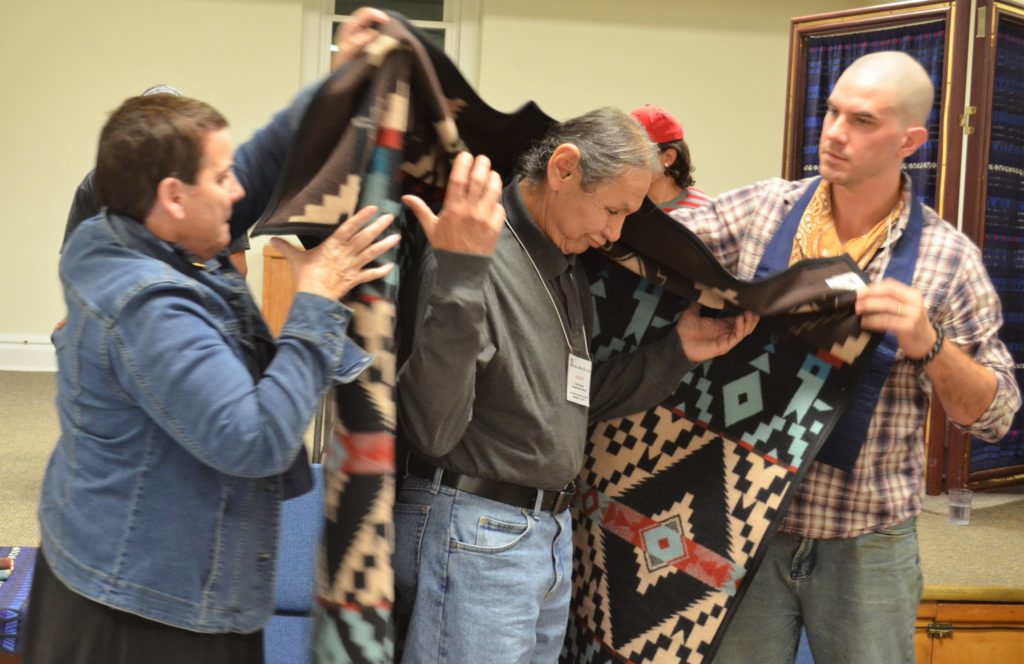
ST PAUL, MINNESOTA, USA. Read this report from ZPO Member Laura Gentle Dragon Kennedy who co-organized a bearing witness retreat with the Native American Dakota in MN, bearing witness to the history of genocide there and its present day expression in the community and land.
ZPO Member Initiates a Self-led MN Native American Bearing Witness Retreat
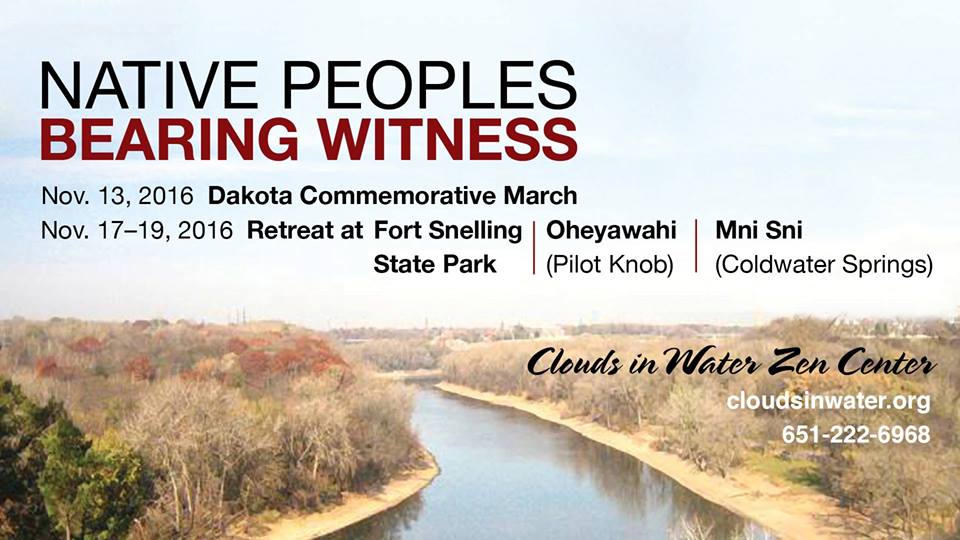
PREFACE:The following invitation is to a ZPO members-led retreat organized in the spirit of the Zen Peacemakers’ Three Tenets of Not Knowing, Bearing Witness and Taking Action. Zen Peacemakers, Inc. supports but does not administer the retreat. Please follow the instructions below to contact the organizers. This event is another expression of the building momentum between […]
“A Voice I Am Sending As I Walk” : An Invitation to the Native American Bearing Witness Retreat
PLEASE JOIN US IN THIS MILESTONE EVENT AND COMPLETE YOUR REGISTRATION TODAY OR AT YOUR EARLIEST CONVENIENCE. (THE RETREAT IS FREE OF CHARGE TO ENROLLED TRIBE MEMBERS) AN INVITATION TO ATTEND THE NATIVE AMERICAN BEARING WITNESS RETREAT By Eve Marko, Grover Genro Gauntt, Rami Efal “With visible breath I am walking. A voice I […]
The Wounding of the Native American Soul
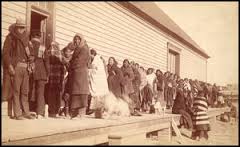
In the early ’80s, a Lakota professor of social work named Maria Yellow Horse Brave Heart coined the phrase “historical trauma.” What she meant was “the cumulative emotional and psychological wounding over the lifespan and across generations.” Another phrase she used was “soul wound.” The wounding of the Native American soul, of course, went on […]
In the Spirit of Crazy Horse: The Story of Leonard Peltier and the FBI’s War on the American Indian Movement
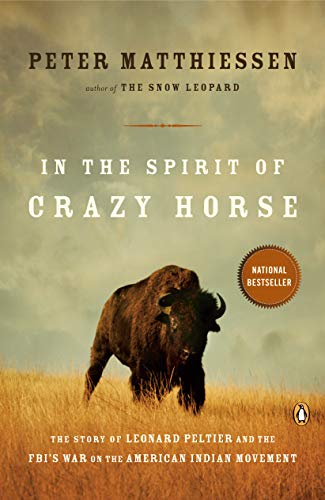
by
An “indescribably touching, extraordinarily intelligent” (Los Angeles Times Book Review) chronicle of a fatal gun-battle between FBI agents and American Indian Movement activists byrenowned writer Peter Matthiessen (1927-2014), author of the National Book Award-winning The Snow Leopard and the novel In Paradise.
The Lakota Way: Stories and Lessons for Living
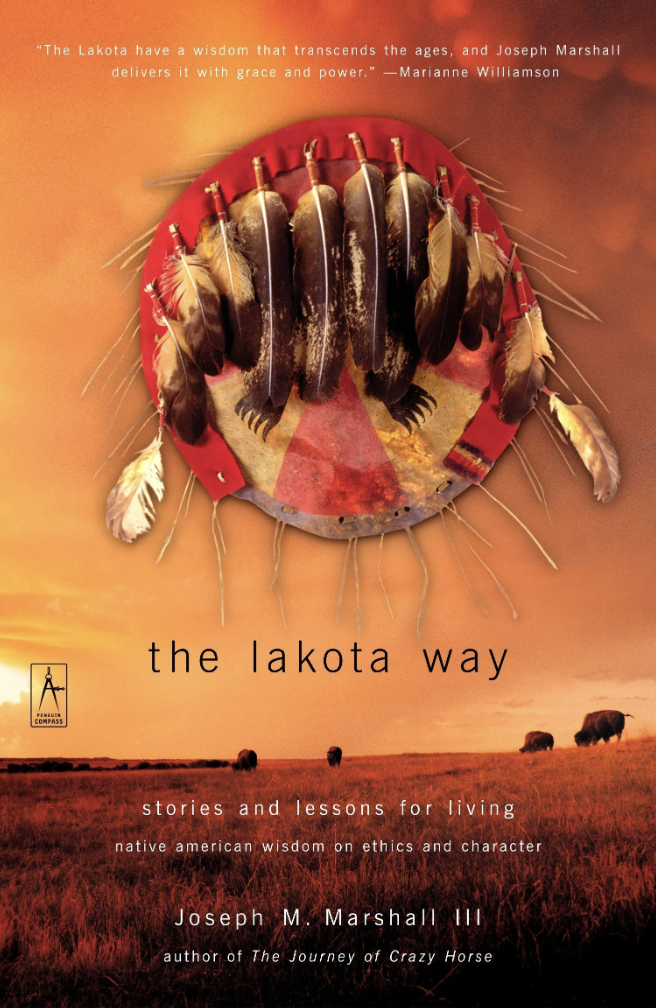
by
Rich with storytelling, history, and folklore, The Lakota Way expresses the heart of Native American philosophy and reveals the path to a fulfilling and meaningful life. Joseph Marshall is a member of the Sicunga Lakota Sioux and has dedicated his entire life to the wisdom he learned from his elders. Here he focuses on the twelve core qualities that are crucial to the Lakota way of life–bravery, fortitude, generosity, wisdom, respect, honor, perseverance, love, humility, sacrifice, truth, and compassion. Whether teaching a lesson on respect imparted by the mythical Deer Woman or the humility embodied by the legendary Lakota leader Crazy Horse, The Lakota Way offers a fresh outlook on spirituality and ethical living.
The Journey of Crazy Horse: A Lakota History
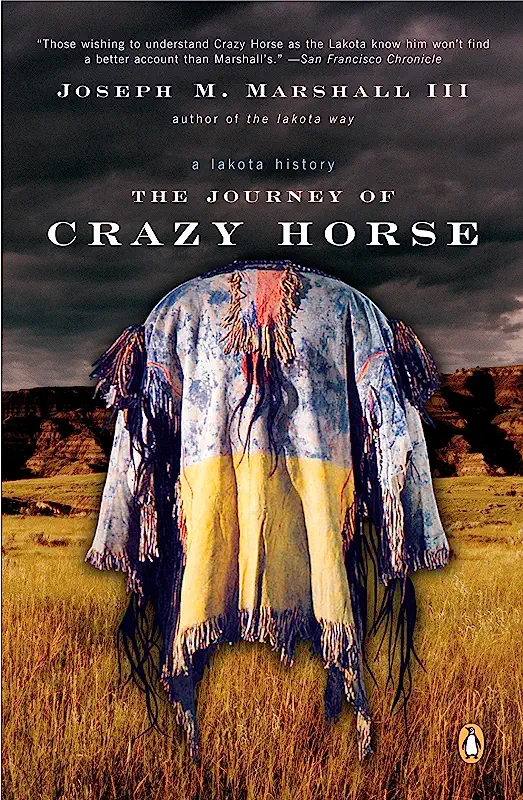
by
Most of the world remembers Crazy Horse as a peerless warrior who brought the U.S. Army to its knees at the Battle of Little Bighorn. But to his fellow Lakota Indians, he was a dutiful son and humble fighting man who—with valor, spirit, respect, and unparalleled leadership—fought for his people’s land, livelihood, and honor. In this fascinating biography, Joseph M. Marshall, himself a Lakota Indian, creates a vibrant portrait of the man, his times, and his legacy.
Thanks to firsthand research and his culture’s rich oral tradition (rarely shared outside the Native American community), Marshall reveals many aspects of Crazy Horse’s life, including details of the powerful vision that convinced him of his duty to help preserve the Lakota homeland—a vision that changed the course of Crazy Horse’s life and spurred him confidently into battle time and time again.
Playing Indian (Yale Historical Publications Series)
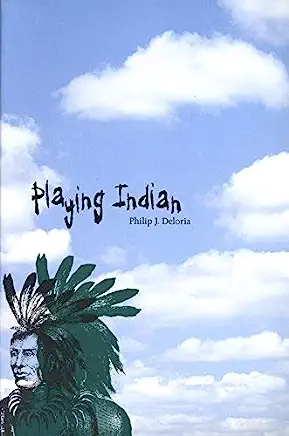
by
This provocative book explores how white Americans have used their ideas about Native Americans to shape national identity in different eras—and how Indian people have reacted to these imitations of their native dress, language, and ritual.
At the Boston Tea Party, colonial rebels played Indian in order to claim an aboriginal American identity. In the nineteenth century, Indian fraternal orders allowed men to rethink the idea of revolution, consolidate national power, and write nationalist literary epics. By the twentieth century, playing Indian helped nervous city dwellers deal with modernist concerns about nature, authenticity, Cold War anxiety, and various forms of relativism. Deloria points out, however, that throughout American history the creative uses of Indianness have been interwoven with conquest and dispossession of the Indians. Indian play has thus been fraught with ambivalence—for white Americans who idealized and villainized the Indian, and for Indians who were both humiliated and empowered by these cultural exercises.
The Fruitful Darkness: A Journey Through Buddhist Practice and Tribal Wisdom

by
In this highly personal and insightful odyssey of the heart and mind, she encounters Tibetan Buddhist meditators, Mexican shamans, and Native American elders, among others. In rapt prose, she recounts her explorations—from Japanese Zen meditation to hallucinogenic plants, from the Dogon people of Mali to the Mayan rain forest, all the while creating “an adventure of the spirit and a feast of wisdom old and new” (Peter Matthiessen).


